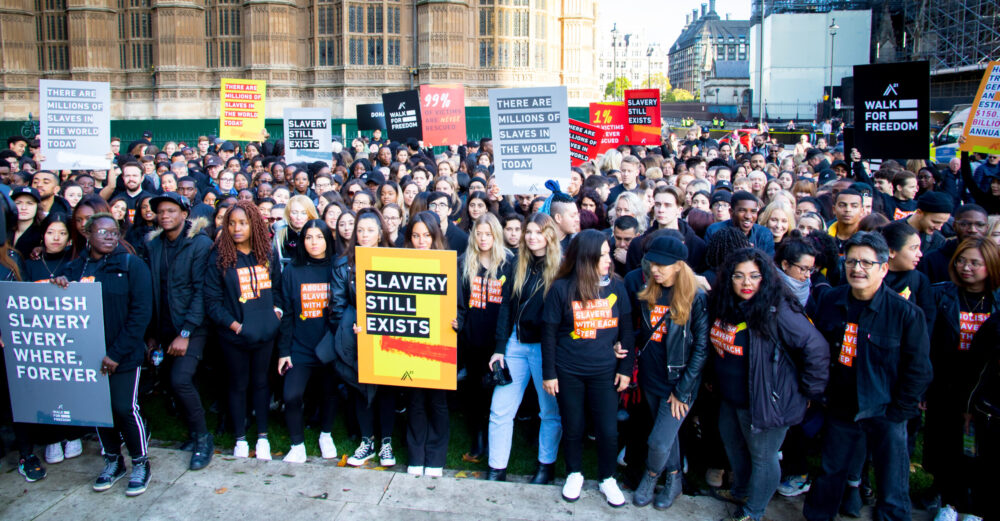How To Avoid Modern Slavery In Your Supply Chains
April 7, 2023
In recent years, there has been an increasing awareness of modern slavery and human trafficking in supply chains. As a small business owner, it is crucial to take steps to ensure that your supply chain is free from any form of exploitation.
Although slavery has been officially abolished, the practice of ‘modern slavery’ still persists in the form of forced labour, debt bondage and human trafficking. Approximately 40.3 million people across the world are subject to modern slavery, where they are exploited and unable to leave due to threats, violence, or coercion. These practices are unfortunately still prevalent in many industries around the world, particularly in manufacturing, agriculture and construction.
Modern supply chains are complex – which makes instances of modern slavery hard to detect. Supply chains can span across multiple countries to produce a single product, thus leaving little transparency of the working conditions for those contributing to the components of a product or service.
Small businesses are often vulnerable to modern slavery practices, especially when sourcing goods and services from countries with weak labour laws and regulations. Not only is it your ethical responsibility to avoid this, but an exploitative supply chain can lead to reputational damage and loss of business.
To avoid modern slavery in your supply chain, it is important to conduct due diligence on your suppliers. This involves assessing the risks of modern slavery in your supply chain and verifying that your suppliers comply with labour laws and regulations. Due diligence can involve analysing supplier contracts, reviewing suppliers’ policies and practices, and conducting site visits or audits. It is important to note that due diligence is an ongoing process that requires regular monitoring and assessment.
Small businesses should also seek to establish long-term relationships with suppliers, as this can create a culture of transparency and accountability. By working closely with suppliers, small businesses can identify any potential risks, and leverage their purchasing power to encourage suppliers to improve their labour practices. This can involve regular communication, collaboration, and joint problem-solving.
You can also develop a code of conduct that outlines the ethical and social expectations of your suppliers, and ensure that all stakeholders in your supply chain are aware of the code of conduct and monitor compliance regularly. The code should include provisions that address forced labour, human trafficking, child labour, and other forms of exploitation. Small businesses can also include provisions that require suppliers to disclose information about their labour practices and demonstrate compliance with labour laws and regulations.

Modern slavery is a global problem that requires a collective effort to combat. Small business owners have a crucial role to play in preventing modern slavery in their supply chains, and it is important to be aware of the risks and take proactive steps to prevent it. Ultimately, it is the responsibility of all stakeholders in the supply chain to work together to prevent modern slavery and create a fair and just system for all.
Acknowledgement Of Country
Business Foundations acknowledges the traditional custodians throughout Western Australia and their continuing connection to the land, waters and community. We pay our respects to all members of the Aboriginal communities and their cultures; and to Elders both past and present.
Victoria
The Commons
80 Market Street,
South Melbourne VIC 3205
admin@businessfoundations.com.au
Western Australia
Wesley Central
2 Cantonment Street,
Fremantle WA 6160
admin@businessfoundations.com.au


Get In Touch
Have a question or to find out how we can help you, please get in touch.






